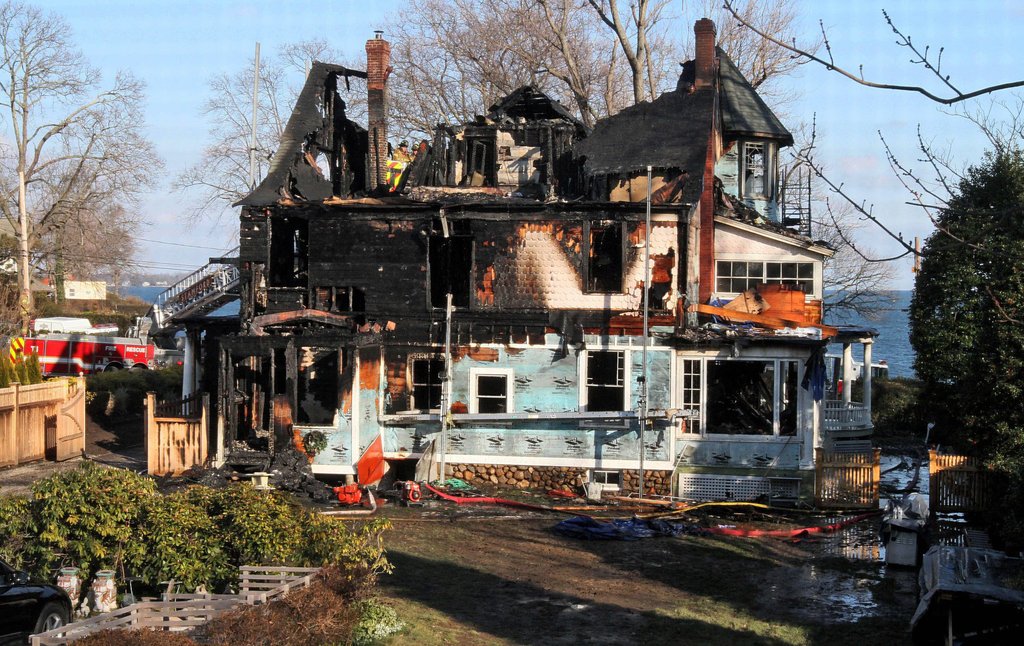Your HOA’s board has a duty to collect monthly association dues, and will take necessary steps to recover any missed payments.
Your homeowners association (HOA) has bills to pay: heat, electricity, landscaping, maintenance, repairs, employees and possibly more depending on your community’s unique features. As a homeowner, you pay a portion of those fees—your HOA dues—each month.
When you fall behind on your payments, it becomes harder for the HOA to maintain the community, and other homeowners usually end up paying more to cover your missed payments. To help recover these funds, HOAs can take a number of different avenues, depending on the association’s governing documents and state and federal laws.
What to expect if you stop paying your monthly HOA dues
HOA boards often take quick action after a missed payment, and typically will follow steps of increasing severity to recover those payments. Generally, here’s what you can expect:
- A letter from your HOA board stating your account is in arrears. The letter may also state steps they will take to try to collect those funds.
- Charge you late fees and interest on missed payments
- Suspend your rights as a homeowner in the community. This could include your voting rights on community issues and your ability to use common areas, like a clubhouse, workout facility or pool.
- Collect rents directly from your tenant if you rent your unit, and apply them to your unpaid dues. Once you account is back in the black, any remaining funds collected from your tenant will be returned to you.
- File a lien on your property. If you sell your property, the lien, and any associated attorney or filing fees, will direct escrow companies to pay the HOA its share before you get any remaining sale proceeds
- Evict you from your property. Not all states allow HOAs to take this measure, but in this case the HOA would rent your unit until dues and other related fees are obtained.
- Foreclose on your property. Again, state laws vary on this, and HOAs use this option only when necessary as the HOA then becomes responsible for all taxes and utilities on the property, as well as selling the property.

What to do if you cannot pay your HOA dues
While paying any housing-related costs first, including your monthly association dues, should be a top priority when your budget is tight, there are steps you should take if you know you won’t be able to pay your HOA dues:
- Don’t wait until that first missed payment. As soon as you know you’ll be unable to pay, contact your board to let them know.
- Ask your board to work with you on a solution, such as a payment plan.
- Ask if the board will waive late fees. This is likely a possibility if you are open and honest from the beginning.
- File for bankruptcy. This last resort option still puts you at risk for foreclosure, and your unpaid dues will likely be included in your Chapter 13 repayment agreement. Talk to a bankruptcy attorney if you feel this is your only alternative.
This article contains general information. Individual financial situations are unique; please, consult your financial advisor or tax attorney before utilizing any of the information contained in this article.
 Print
Print Email
Email








